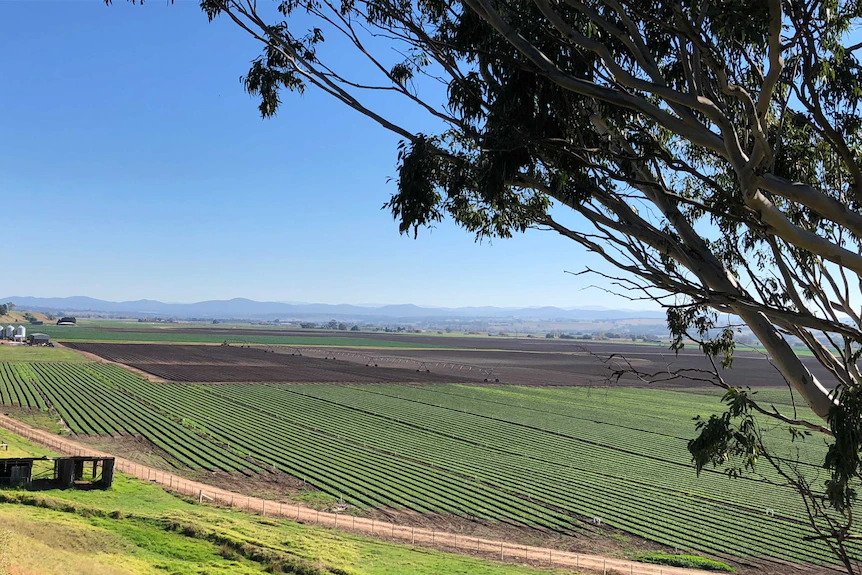VFF Helps secure sand mine win
The Victorian Government’s move to block the Fingerboards sand mine in East Gippsland is a win for local farmers who fought with the VFF to ensure there was a rigorous process to consider the impact of the mine on agriculture and the local community.
The VFF is proud to have played an important role in supporting our members and the East Gippsland farming community to ensure agriculture was properly recognised as a key economic driver to the local economy and worthy of safeguarding. Ultimately, the decision to refuse the mine saved an estimated $2.5 billion of long-term economic production in the local community.
The Government’s decision vindicates the VFF’s long term policy and advocacy work that helped to create mining laws aimed at protectecting farmland from inappropriate mining developments. It was a very hard fight to get all agricultural impacts considered in the process. The Environmental Effects Statement (EES) report highlights that the system has a blind spot to agriculture and VFF will fight to make sure all projects requiring entry to farm will properly consider impacts on our farms and food security.
In rejecting the proposed mine, Planning Minister Richard Wynne found:
… that the economic case for the project, compared to potential impacts to existing horticultural and agricultural industries that may be threatened, is marginal… I accept the IAC’s finding that even a modest impact on the horticultural district could result in significant losses to the region in terms of income and employment. .. I also conclude that damage to the reputation of the Lindenow Valley as a source of high-quality produce would constitute an environmental effect for the purposes of this assessment, and that such damage is likely to be significant. I am satisfied that it would be difficult, costly and potentially impracticable to mitigate or reverse reputational damage and consequent implications for the value and marketability of produce from the region.
These were the issues that VFF consistently raised throughout the assessment process between 2017 and 2021 and we feel vindicated that our timely advice has been proven correct and highlights the lack of farming system knowledge in technical advisory groups.
The process highlights how VFF is best able to support our members in responding to development proposals. VFF’s actions included hosting local forums in 2016 explaining the process, raising the voice of our members, their concerns and how they should be addressed in 2017, and preparing a formal submission on these key themes. VFF identified what issues needed to be considered. Our members provided the physical proof. They are the experts in the local area and their farming system.
Next steps
The VFF will use the learnings from this project to continue to advocate for regulatory systems that give due and proper consideration to agriculture, including current EES processes for renewable energy and transmission developments.
VFF’s previous advocacy meant a range of safeguards were put in place in legislation regarding mining proposals, including consideration of agricultural impact statements, rehabilitation and consultation. A grant was also provided to the community by Earth Resources so they could be represented in the process. None of these safeguards appear in other statutes, but they should.
We will continue to advocate for protection of agricultural land and decisions based on detailed understanding of impacts on farms so that landholders are not forced to host uses that cost them time and money year after year.
VFF has taken learnings already from the process to help inform our Managing Entry to Farms Policy Statement which can be accessed here:
